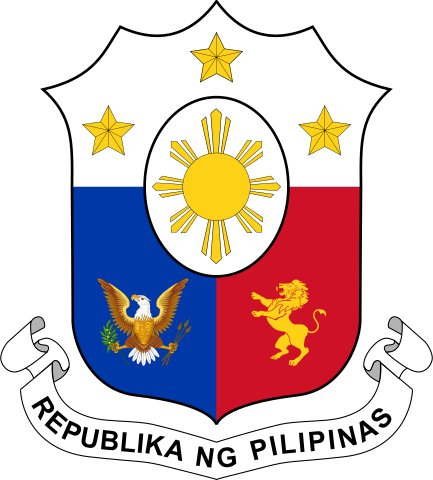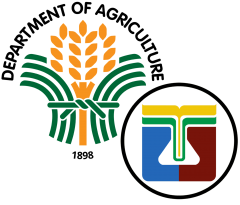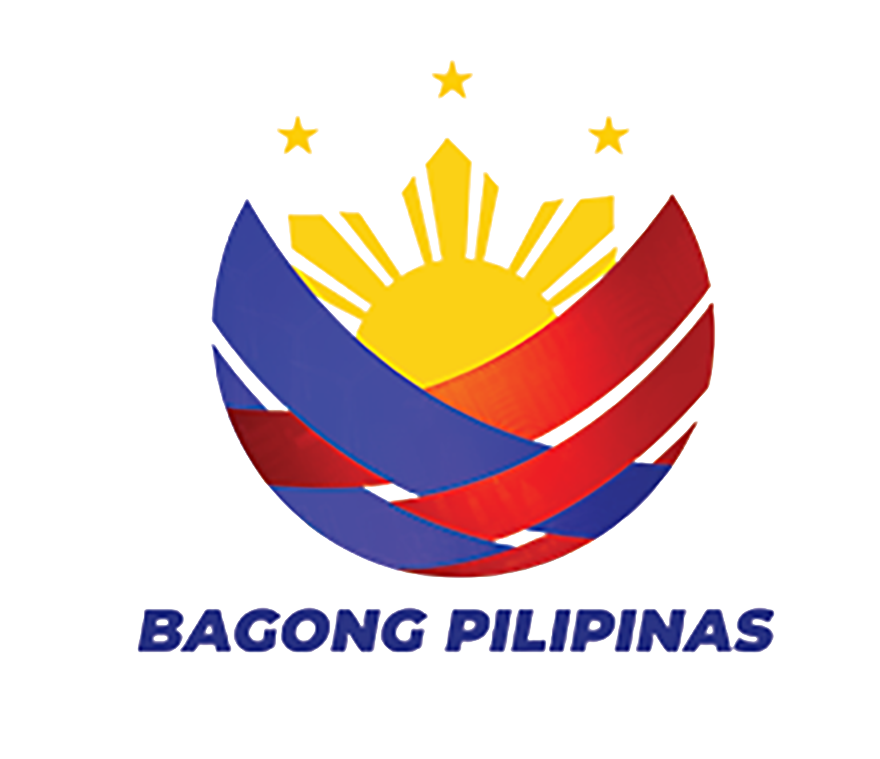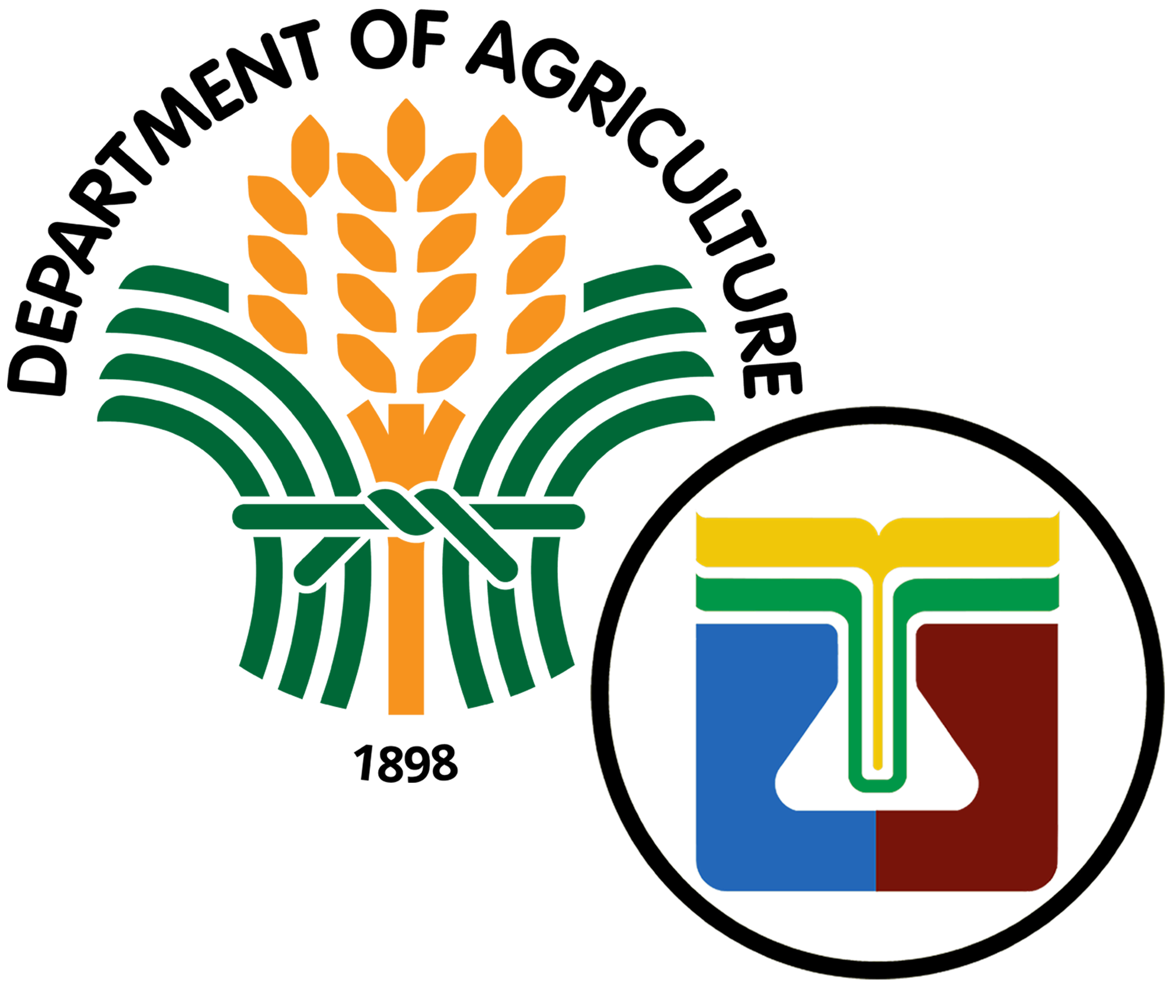In support to the DA’s Plant Plant Plant Program for Food Production in rural areas , the BSWM Organic Agriculture Program (OAP), under the National Organic Agriculture Program (NOAP) of the Department of Agriculture (DA) implemented by the Bureau of Soils and Water Management (BSWM), has launched a massive series of Capacity Enhancement on the Operations and Maintenance of Composting Facility for Biodegradable Waste of which objective is to recycle market and agricultural waste to produce organic compost fertilizer for rice and corn and high-value crops in support to DA’s Food Security measure under the present pandemic situation.
A team of BSWM-OAP Personnel recently conducted the Capacity Enhancement on CFBW in Reg 1, particularly to the LGUs of Sta. Barbara and Natividad, Pangasinan. First day of the field activity was a courtesy call to the Office of Mr. Manuel V. Velasco, Municipal Agriculturist who welcomed the group and signified his support to the project. The group then proceeded to the Materials Recovery Facility (MRF) of Sta. Barbara to conduct lectures and hands-on training on the CFBW Facility.
The group was met with evident eagerness and enthusiasm by the community to learn the technology as this will improve the current farming system of the area and help alleviate the burden of buying commercial fertilizers in the market that are expensive and detrimental to the environment.
This facility aims to recycle market wastes to be incorporated as biomass and mixed with other organic materials such as animal manure, dayami, sawdust, plant fiber and others. The same materials are fed to the shredder to be grind into tiny bits to aid in decomposition. The mixture is then sprayed with Biozyme, an organic decomposing liquid diluted at 500 ml in a 16 liter knapsack sprayer (500ml/15 liters water) composting liquid to hasten decomposition. These materials are then weighed to maintain accurate mass as stated in the composting protocol. After getting the correct measurement, the mixture is then placed inside the rotary composter and “rotated” for a period of 40 hours. A good quality compost fertilizer is produced due to its sweet earthly smell and not pungent as odor is eliminated because of the application of composting fluid.
This activity was also conducted at the Materials Recovery Facility MRF located in Sitio San Jose Bgy. Cacandungan, Natividad, Pangasinan where the LGUs showed support to the Project. The group was welcomed by MENRO Lanie Eslava and Mr. Sony Manaoag, the caretaker of the facility and trainee for the CFBW.
The group paid a courtesy call to the Office of the Municipal Mayor of Pugo, the Hon. Priscilla M. Martin. She expressed her gratitude to the Department of Agriculture and the BSWM for all the support the Region has received in terms of technology package and planting materials for the farmers. This was followed by a site validation of CFBW Facility Recipients in Tubao, La Union MRF and in Bgy. Kawigi, Maoasoas, Pugo, La Union. The last day of the activity was a follow-up inspection of the harvested compost fertilizer conducted at the MRF of Sta. Barabara and Natividad. The 40-hour decomposition process produced good quality compost which was characterized by dark brown in color, moist, and no trace of undecomposed plant material with no foul odor. Total harvest was at 460 kilos in Natividad and 560 kilos in Sta. Barbara.
The success of this project will depend on the enthusiasm of the farmer beneficiaries and the full support of the LGU to the Department of Agriculture’s initiative in on Food Security during this pandemic in rural areas specifically where food is scarce due to the pandemic lockdown.
The BSWM under Dir. Sonia M. Salguero’s leadership, has been the focal agency in providing CFBW’s nationwide for the past 15 years. Ms. Yolanda Abrina is the BSWM’s Organic Agriculture Program’s Focal Person on CFBW-Provision of Agricultural Equipment and Facilities (PAEF).



